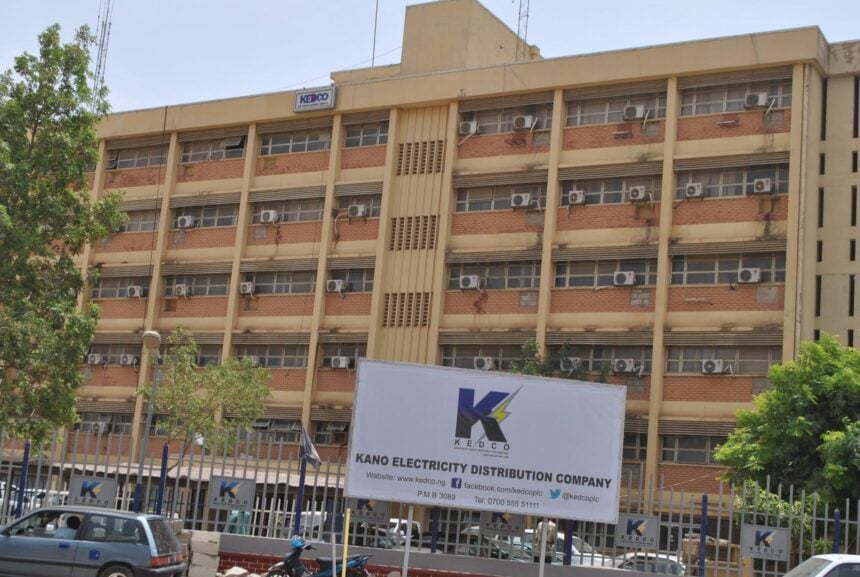Cobalt Export Curbs: Democratic Republic of Congo Weighs Options as Ban Nears End
In a move that could significantly impact the global market for electric vehicles and smartphones, the Democratic Republic of Congo is considering strict curbs on cobalt exports when its current four-month ban expires. As the world’s largest producer of cobalt, accounting for nearly three-quarters of global mine production, the Congo’s decision will be closely watched by industry players and consumers alike.
The country imposed the export ban in February to address a global oversupply of cobalt, which had led to a sharp decline in prices. Cobalt, a key component in lithium-ion batteries, is a critical mineral for the production of electric vehicles and smartphones. The Congolese government had hoped that the temporary ban would stabilize the market and protect the interests of local producers and investors.
However, according to Patrick Luabeya, president of the government agency regulating strategic minerals, the stockpiles that had depressed prices have been significantly reduced but not yet exhausted. As a result, Luabeya warned that the agency’s next decision "will inevitably imply a strict limitation of exports in whole or in part until market balance is reached with regard to the supply and demand of cobalt." The Authority for the Regulation and Control of Strategic Mineral Substances’ Markets will consult with industry players in June to discuss the future of the ban.
The potential extension or modification of the export ban has significant implications for the global tech industry, which relies heavily on cobalt for battery production. As the world transitions towards electric vehicles and renewable energy, the demand for cobalt is expected to increase, making the Congo’s decision a critical factor in shaping the future of the industry.
The Congo’s move to regulate cobalt exports is also a reflection of the country’s efforts to assert control over its natural resources and ensure that the benefits of mining are shared equitably among local communities and investors. As the global demand for cobalt continues to grow, the Congo’s decision will be closely watched by other mineral-rich countries seeking to navigate the complexities of the global commodities market.
In the coming months, industry players and consumers will be eagerly awaiting the outcome of the Congo’s consultation with industry players. One thing is clear: the future of cobalt exports from the Democratic Republic of Congo will have far-reaching consequences for the global tech industry and the country’s own economic development. As the world waits with bated breath, one thing is certain – the fate of cobalt will be a story to watch in the months to come.



